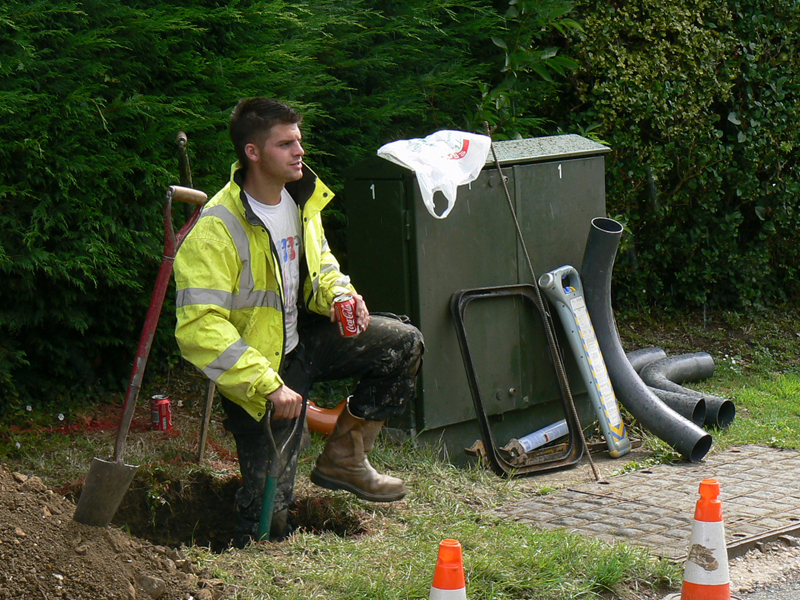

A group of alternative network providers (AltNets) gathered last week for a meeting to discuss how they could challenge BT’s likely domination of the BDUK superfast broadband process.
The meeting on Friday 20 July was facilitated by the Independent Networks Cooperative Association (INCA), and it was attended by a number of high profile network providers including Virgin Media and Cable & Wireless Worldwide.
Other attendees included BeyonDSL, Calix, CityFibre Holdings, Entanet, Gigaclear and UK Broadband, as well as representatives from Birmingham City Council and the Communications Managers Association (CMA).
BDUK is the government-backed fund that will provide up to £830 million for local authorities, so they can deploy superfast broadband into those remote areas not covered by existing fibre deployment.
The meeting was essentially a gathering of BT’s rivals, and sought to discuss the rollout of next generation broadband in the UK, and how AltNets could take part in what is currently a two-horse race between BT and Fujitsu for BDUK funding.
The participants discussed plans to develop a co-operative approach so they could band together and offer their expertise and capacity on a larger scale than they could individually.
“This (i.e. banding together) will offer additional horsepower to the UK’s deployment as well as presenting a more competitive environment to help local authorities to get the biggest bang possible for their taxpayer’s buck,” said INCA.
It said that the participants would develop these proposals further over the next two months and share them with BDUK and other interested parties.
Many within the industry feel the BDUK process is flawed because of a lack of competition. The Department for Culture, Media and Sport (DCMS) told TechWeekEurope that the procurement framework offered to local councils, which includes only BT and Fujitsu as buyers, was designed to help minimise the complexity of the tendering process.
“DCMS has given all local authorities funding allocations to roll out high speed broadband in rural communities. Delivery of the broadband projects is a matter for local authorities, and procurement must follow strict rules to ensure fairness,” a DCMS spokesperson said.
“BDUK conducted a rigorous procurement exercise and sought all suppliers which were willing and capable of delivering at a local authority level. The procurement for the framework was carried out in line with EU regulations, and BT and Fujitsu signed the framework contract having demonstrated that they have the capability and capacity to deliver.”
The DCMS said that 42 out of 43 local authorities have now had their broadband plans approved and some have already completed their procurement processes.
Yet Ian Grant of the Br0kenTeleph0n3 blog has labelled the BDUK procurement process as “disastrous”. And he is not alone in voicing concerns about BDUK. Andrew Barron, the chief operating officer of Virgin Media, complained in May that the government was effectively subsidising BT via the BDUK process. Geo Networks also lambasted the process when it quit the BDUK in November last year.
And the process is also facing stiff European scrutiny after officials confirmed to TechWeekEurope earlier this month that they are “very actively” conducting an official probe into the BDUK’s plan.
BT told Techweek Europe it had no comment regarding the AltNet meeting.
Are you fluent in the language of the Internet? Find out with our quiz!
Elon Musk sells social media platform X to his AI start-up xAI in a move…
TikTok opens e-commerce shopping in Germany, France, Italy as US future remains uncertain over divest-or-ban…
Discover expert insights on overcoming digital transformation challenges. Learn how to manage change, balance innovation,…
Microsoft drops data centre projects amounting to 2 gigawatts of power consumption as investors question…
SMIC sees revenues rise 27 percent for 2024, but profits fall nearly 50 percent amidst…
Google reassures developers Android to remain open source as it brings development entirely in-house, reduces…